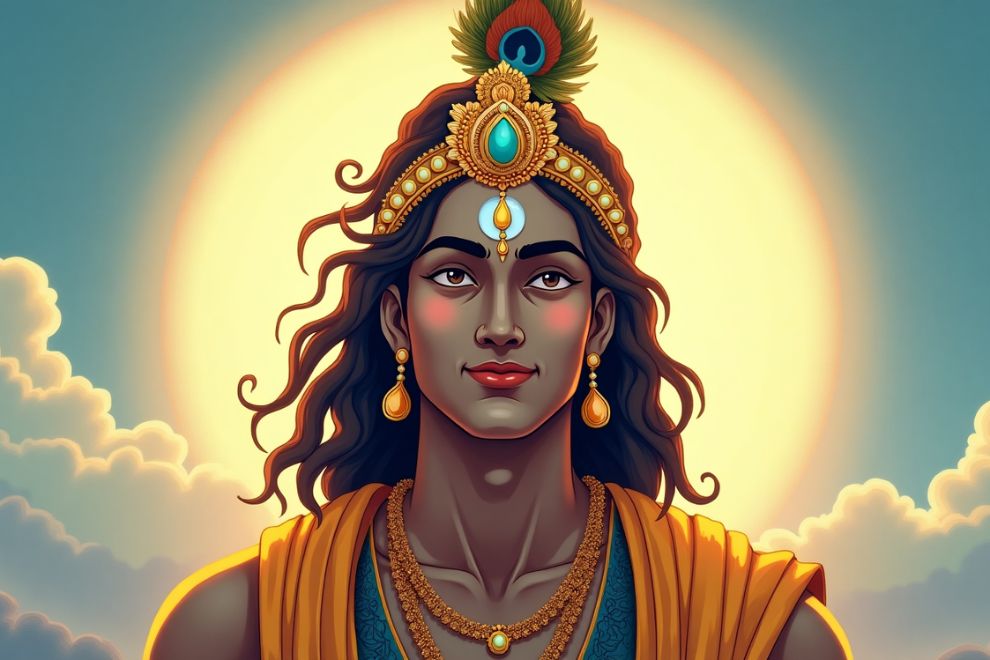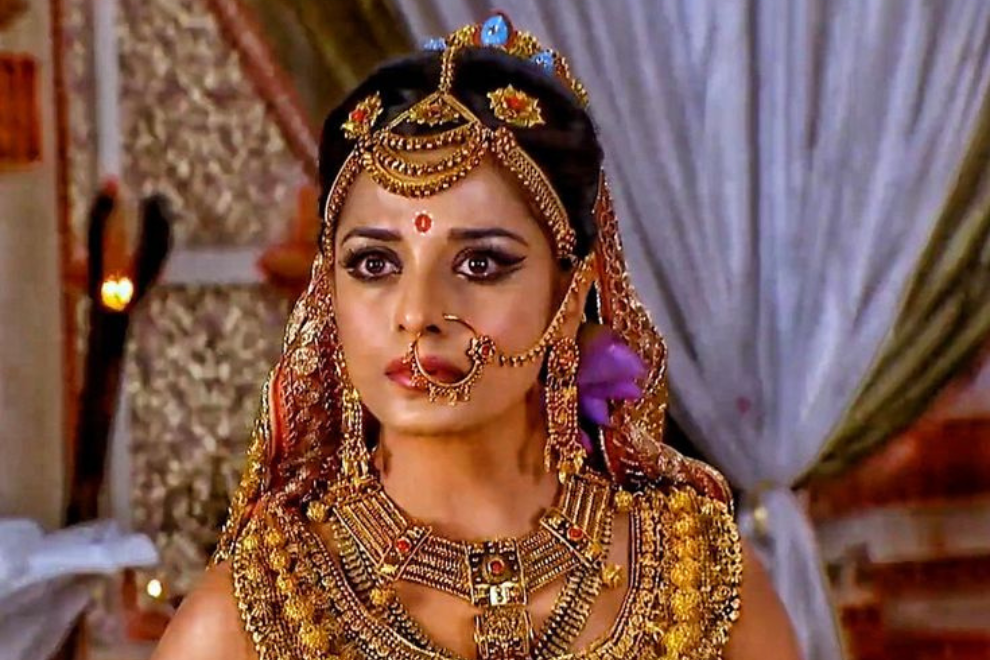In an age when leadership is often measured by metrics, influence, and charisma, the Mahabharat offers a radically different, yet timeless perspective—through the life and actions of Lord Krishna. Far from just a mythological figure, Krishna exemplifies the qualities of a visionary strategist, ethical guide, and servant-leader. His insights and actions on the battlefield of Kurukshetra remain deeply relevant in today’s boardrooms, startups, and social movements.
Here are 10 timeless leadership lessons from Krishna that continue to guide modern minds.
1. Lead Without Needing the Spotlight
Krishna never sat on the throne of Hastinapur, yet he influenced every key decision. He showed that true leaders don’t always need titles—they need clarity, purpose, and the ability to influence from behind the scenes.
“Leadership is not about position. It’s about impact.”
2. Be a Strategic Thinker, Not Just a Warrior
While the Pandavas had might, Krishna had strategy. His advice—from sending peace emissaries to using psychological warfare—proved that brains win battles more than brute force.
In modern terms: Outsmarting the competition beats overpowering them.
3. Embrace Dharma Over Popularity
Krishna often made unpopular choices—like asking Arjuna to shoot Karna when unarmed. Yet, he acted in alignment with Dharma (cosmic duty), not public opinion.
A true leader stands for principles, not populism.
4. Know Your People Deeply
Krishna understood each character—Arjuna’s self-doubt, Bhima’s aggression, Yudhishthira’s morality. He customized his leadership style for each personality.
Today’s leaders must learn the same: Empathy + Personalization = Effective Leadership.
5. Use Silence as a Weapon
When Draupadi was being humiliated, Krishna didn’t rush to the scene. Instead, he empowered her silently, extending her sari infinitely. In leadership, silence isn’t absence—it’s trust, power, and timing.
Sometimes, holding space is more powerful than speaking.
6. Decisiveness in Crisis
On the battlefield, Arjuna crumbled. Krishna didn’t sugarcoat or delay—he delivered the Bhagavad Gita then and there. Great leaders step up with clarity when chaos strikes.
In uncertain times, your ability to guide determines your greatness.
7. Sacrifice Personal Desires for the Greater Good
Krishna sacrificed his army and chose to be Arjuna’s charioteer. He put service above ego, showing that true leadership is not about power, but purpose.
Leaders don’t demand loyalty—they earn it through humility.
8. Master the Art of Timing
Krishna never rushed decisions. He waited till the right moment—to break Shishupala’s pride, to advise Yudhishthira, or to prompt the Pandavas.
Leadership isn’t just about knowing what to do—it’s knowing when to do it.
9. Transform Conflict Into Opportunity
Krishna saw the Mahabharat war not as a curse, but as a reset—an opportunity to restore Dharma. Leaders must reframe conflict as a catalyst for systemic change.
Don’t avoid tough battles—redefine their purpose.
10. Leave When the Work Is Done
Unlike modern leaders who cling to power, Krishna left the earth when his role was complete. Legacy isn’t about holding on—it’s about knowing when to walk away.
True leaders empower others to lead, then exit gracefully.
Lord Krishna’s leadership in the Mahabharat is more than divine intervention—it’s a blueprint for timeless leadership. His life teaches us that the essence of great leadership lies not in dominance, but in wisdom, service, timing, and values.
As the world searches for authentic leadership in the 21st century, perhaps it’s time we looked back—at the charioteer of Arjuna, the strategist of Dharma, and the timeless teacher we still call Krishna.




